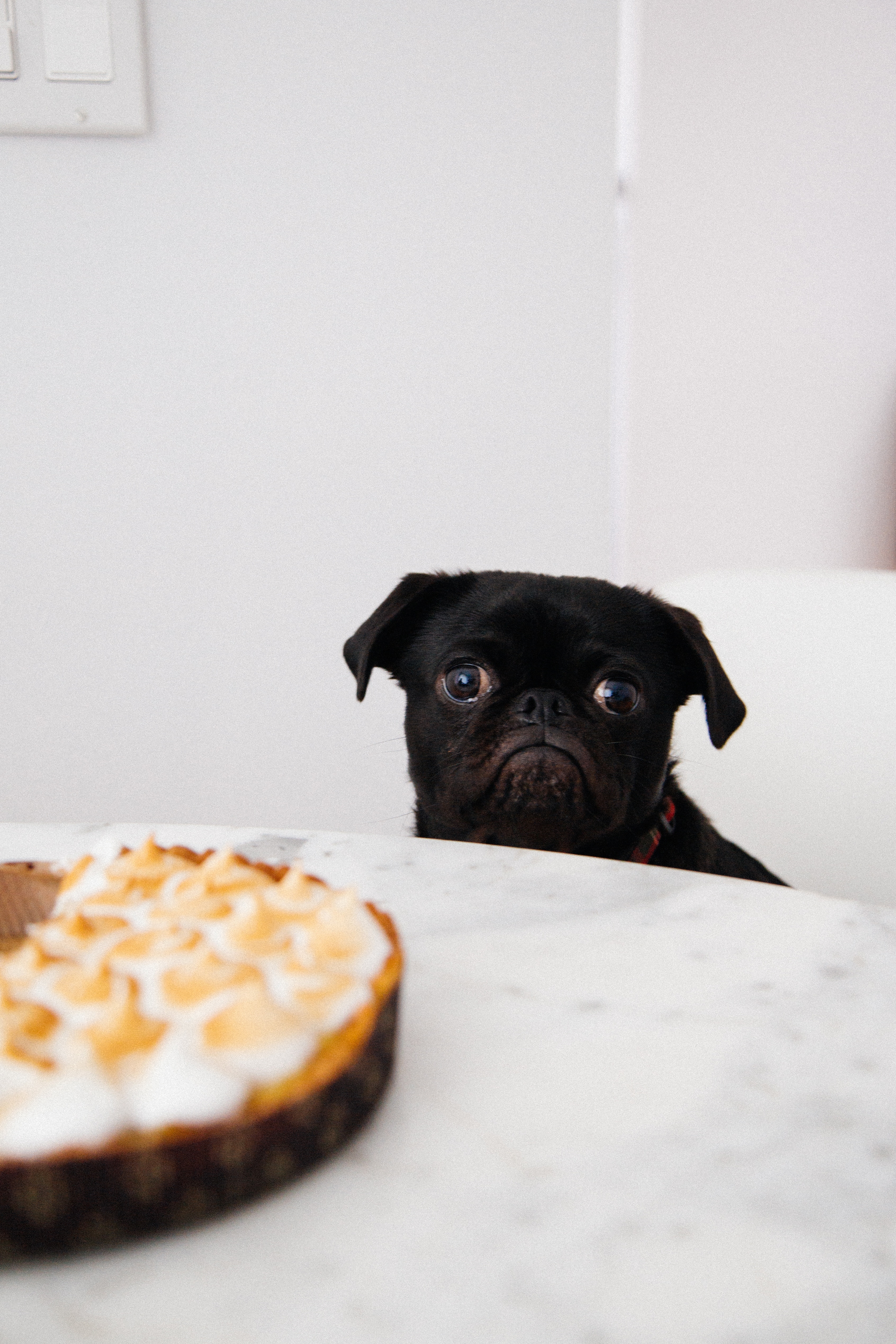OMG. What’s that smell?
In my house we can almost always blame flatulence on my 16-year old son Quinn; even when the dogs (and we have 3 of them) let loose, Quinn gets blamed.
But what if you’re not fortunate to have a “fart-goat” in the house? How do you deal with your dog’s gaseous excess?
So, let’s be clear: some dog farting (just like some human farting) is normal.
Farts occur when gas collects in their (and our) intestinal tract and colon and is just part of what happens when bacteria digest certain types of food.
Since gas is most often caused by digestion, diet is the main cause of flatulence (and often the easiest to adjust).
Before we discuss the food options, if your dog is prone to gas you should also observe if your dog tends to gulp his food (which causes your dog to swallow air while they eat), has other symptoms that might indicate a food sensitivity (dry skin, for example), or is on any medicine that might cause side effects. Assuming you rule these out, let’s discuss the primary culprit.
Since the cause of your dog’s gas is probably food-related, feeding your dog a healthy and consistent diet is the best way to cut down on flatulence.
As always, (here’s the DVM disclaimer), your veterinarian may have different thoughts on this issue and your veterinarian knows the specific medical condition of your dog, so please always check with your veterinarian and follow their advice. Disclaimer provided, here are some practical and less medical approaches:
- Some dogs (again like some humans) are lactose intolerant or at least lactose sensitive. For these dogs, avoid dairy products, including cheese. If cheese is a high-reward treat for your dog this can be an issue, but there are plenty of high-reward treats out there that might not require you to wear a gas mask while training your dog. This is yet another reason to avoid feeding your dog human food. We eat things your dog simply can’t digest well (along with things we simply can’t digest well); don’t do this to your dog.
- If your dog is a gulper or finishes her food before you put down the bowl, think about a slow feeder or splitting their food into more frequent, smaller meals.
- Just like us, the quality of the food matters. If your dog is having trouble digesting the brand or protein source you’re currently using, ask your veterinarian or your local knowledgeable retail store for an alternative or two. There is a huge assortment of high-quality food on the shelves today (and some pretty low-quality ones left as well.) Those professionals can help you decide. Of course, if you already know that your dog reacts poorly to certain protein sources or other food ingredients just avoid them. Sorry, probably didn’t need to point this out.
Thanks for reading.

